To ensure compliance, reduce risks, and uphold moral standards, organizations must successfully navigate legal and regulatory considerations. Here is a thorough guide to assist firms in comprehending and taking care of these factors:
1.Understand Applicable Laws and Regulations
-Determine the laws and rules that apply to your sector and region.
-To guarantee that the information you have is correct and current, you should speak with legal experts or do extensive research.
2.Compliance Framework
-Create a compliance framework for your company to encourage adherence to rules and laws.
-Create rules, practices, and controls to track compliance and enact them.
-Charge teams or officers in charge of compliance with implementation and oversight.
3.Corporate Governance
-Establish effective corporate governance procedures, such as distinct roles, duties, and reporting structures.
-Obey all applicable company laws and rules.
-Create internal controls and procedures to ensure responsibility, openness, and moral judgment.
4.Contracts and Agreements
-Make sure that all agreements and contracts are valid legally and safeguard your company’s interests.
-Carefully review and negotiate contracts, getting legal counsel as appropriate.
-To deal with future disputes, include termination and dispute settlement clauses.
5.Intellectual Property
-Your intellectual property rights, such as your trademarks, copyrights, and patents, should be identified and protected.
-Conduct careful investigation to prevent stealing someone else’s ideas.
-Think about registering as needed and keeping an eye out for suspected violations.
6.Data Privacy and Security
Learn about data protection legislation including the California Consumer Privacy Act (CCPA) and the General Data Protection Regulation (GDPR).
Put in place the necessary security procedures to safeguard sensitive data.
When gathering personal information, get consent that is fully informed and handle data ethically.
7.Employment and Labor Laws
-Learn about data protection legislation including the California Consumer Privacy Act (CCPA) and the General Data -Protection Regulation (GDPR).
-Put in place the necessary security procedures to safeguard sensitive data.
-When gathering personal information, get consent that is fully informed and handle data ethically.
8.Financial and Tax Compliance
-Keep up-to-date financial records and follow all applicable accounting rules.
-Recognize and carry out tax obligations, such as timely tax payment and return filing.
-To manage challenging tax regulations, think about seeking advice from tax experts.
9.Consumer Protection
-Adhere to all consumer protection laws, including those governing advertising guidelines, product safety requirements, and ethical corporate conduct.
-Give complete and accurate product details, warranty information, and return guidelines.
-Disputes and client complaints should be handled quickly and fairly.
10.Ongoing Compliance Monitoring
-Review and revise your compliance policies and procedures frequently.
-Conduct internal audits and evaluations to find areas that need improvement or compliance.
-Keep yourself up to date on any changes to the laws, rules, and standards that apply to your industry and your business.
Keep in mind that this book only offers a general overview; it is essential to speak with legal counsel about the specific legal and regulatory issues that apply to your company. Prioritizing compliance helps safeguard your company’s brand, lower legal risks, and promote an ethical culture. Compliance is a continuous activity.
.

